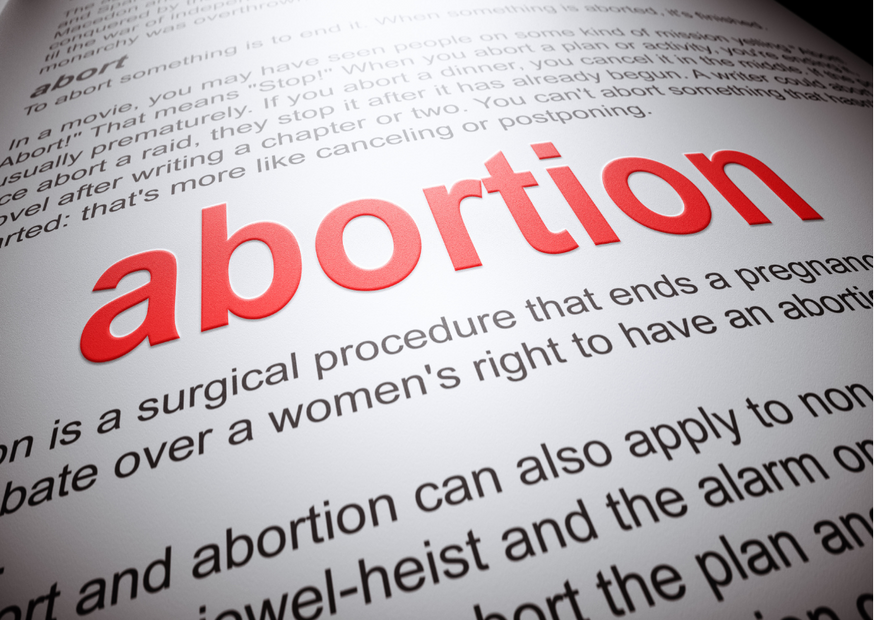Nitiriti Bureau
New Delhi, September 29
A married woman raped by her husband can seek to abort her unborn foetus on this ground without having to prove this, the Supreme Court ruled on Thursday.
Intimate partner violence is a reality and can take the form of rape causing a woman to become pregnant, a bench, led by Justice D.Y. Chandrachud said.
His remarks assume significance as Indian law doesn’t treat marital rape as rape under an exception to Section 375 of the Indian Penal Code.
This has been challenged in the top court and a constitution bench is expected to examine the issue.
Under an explanation to the MTP Act, 2021, a woman can abort till up to 24 weeks if she has been raped.
Any pregnancy due to rape or failure of contraception would be construed as a grave injury to a woman’s mental health, the law says.
Today the court extended the definition of rape in the law to include rape or sexual assault even by husbands.
“The meaning of rape must therefore be understood as including marital rape, solely for the purposes of the MTP Act and any rules and regulations….”
“Any other interpretation would have the effect of compelling a woman to give birth to and raise a child with a partner who inflicts mental and physical harm…,” a bench led by Justice D.Y. Chandrachud said.
The other two judges were Justices A.S. Bopanna and J.B. Pardiwala.
In order to avail the benefit of the rule, a woman will not necessarily have to seek legal recourse to prove sexual assault, rape or incest, the bench said.
“A woman may become pregnant as a result of non-consensual sexual intercourse performed upon her by her husband.
“We would be remiss in not recognizing that intimate partner violence is a reality and can take the form of rape.
“The misconception that strangers are exclusively or almost exclusively responsible for sex and gender-based violence is a deeply regrettable one,” the court said.
Sex and gender-based violence (in all its forms) within the context of the family has long formed a part of the lived experiences of scores of women, it said.
Under the 1971 and the amended 2021 laws a woman can abort within 20 weeks unless a medical practitioner certifies there is a risk to her life or mental or physical health or the child could develop abnormalities.
A woman could also abort between 20 to 24 weeks if two practitioners certify so. The 2021 Act covers both married and unmarried ones unlike the earlier 1971 law which only gave these rights to married women.
This was recently clarified by the top court.
The top court has now taken it forward by recognising the principle of no exception to the rule that a woman has absolute bodily and decisional autonomy over whether to keep a baby or not.
The top court was hearing an appeal arising out of a Delhi High court judgement which had refused permission to an unmarried lady to terminate her pregnancy before 24 weeks.
The July 15, 2022, decision was challenged in the top court. The lady, 25, is from Manipur and lives in Delhi. She’s unmarried and is the eldest of five siblings. Her parents are agriculturists.
She sought abortion on the ground that her partner had refused to marry her at the last minute and she did not want to face the “social stigma and harassment” associated with it.
She was not gainfully employed and was not mentally prepared to “raise and nurture the child as an unmarried mother”, she said.

